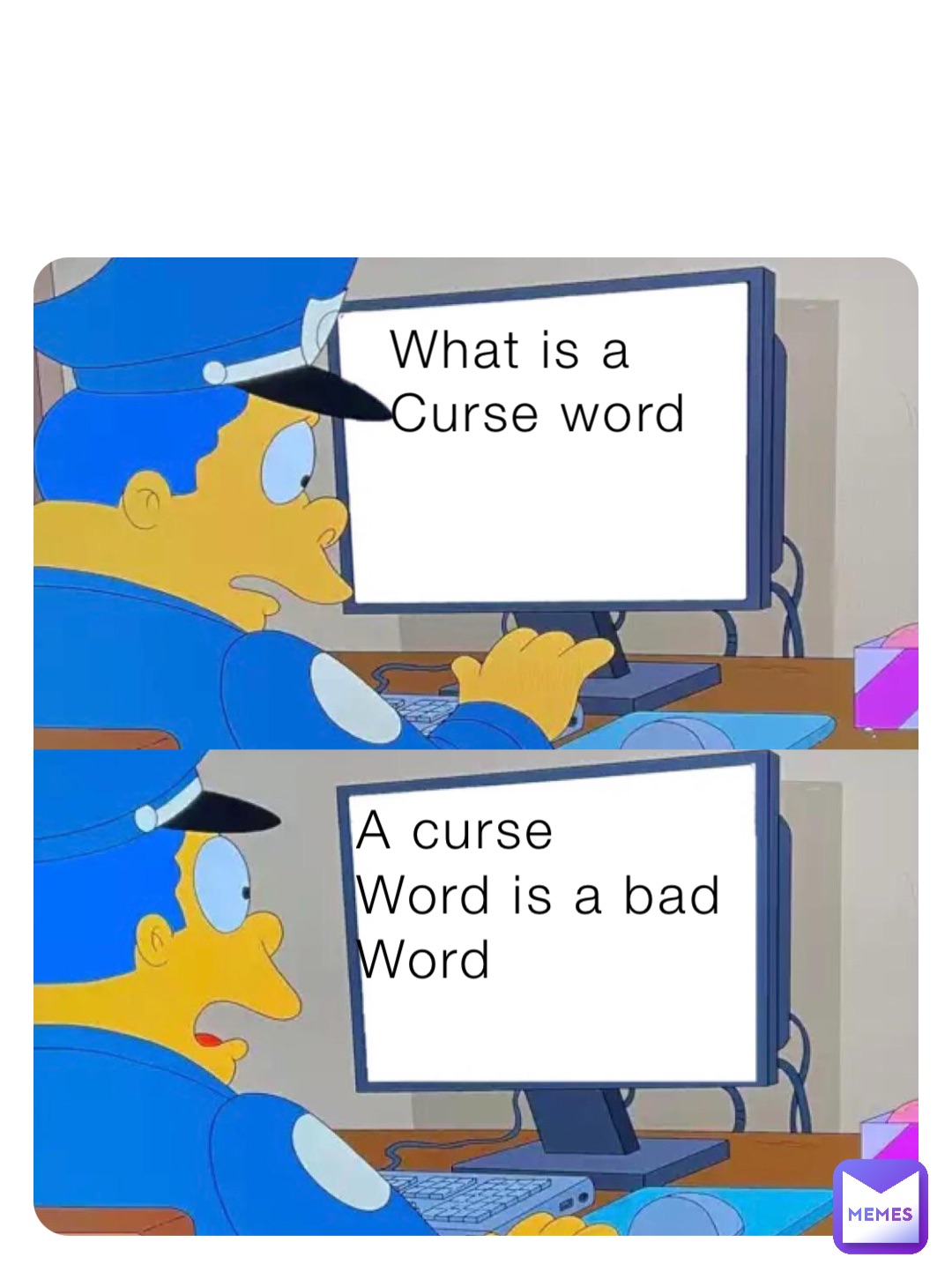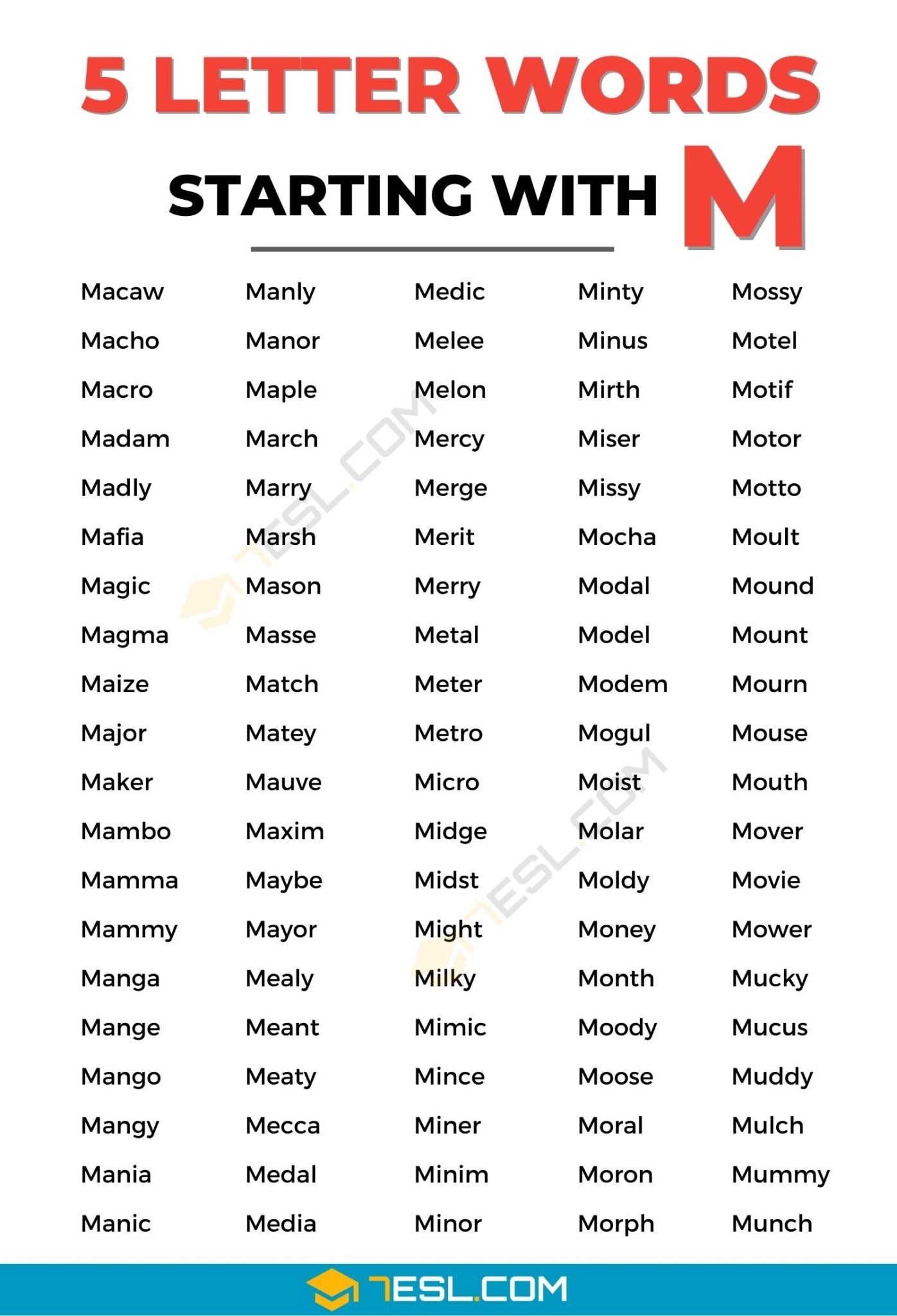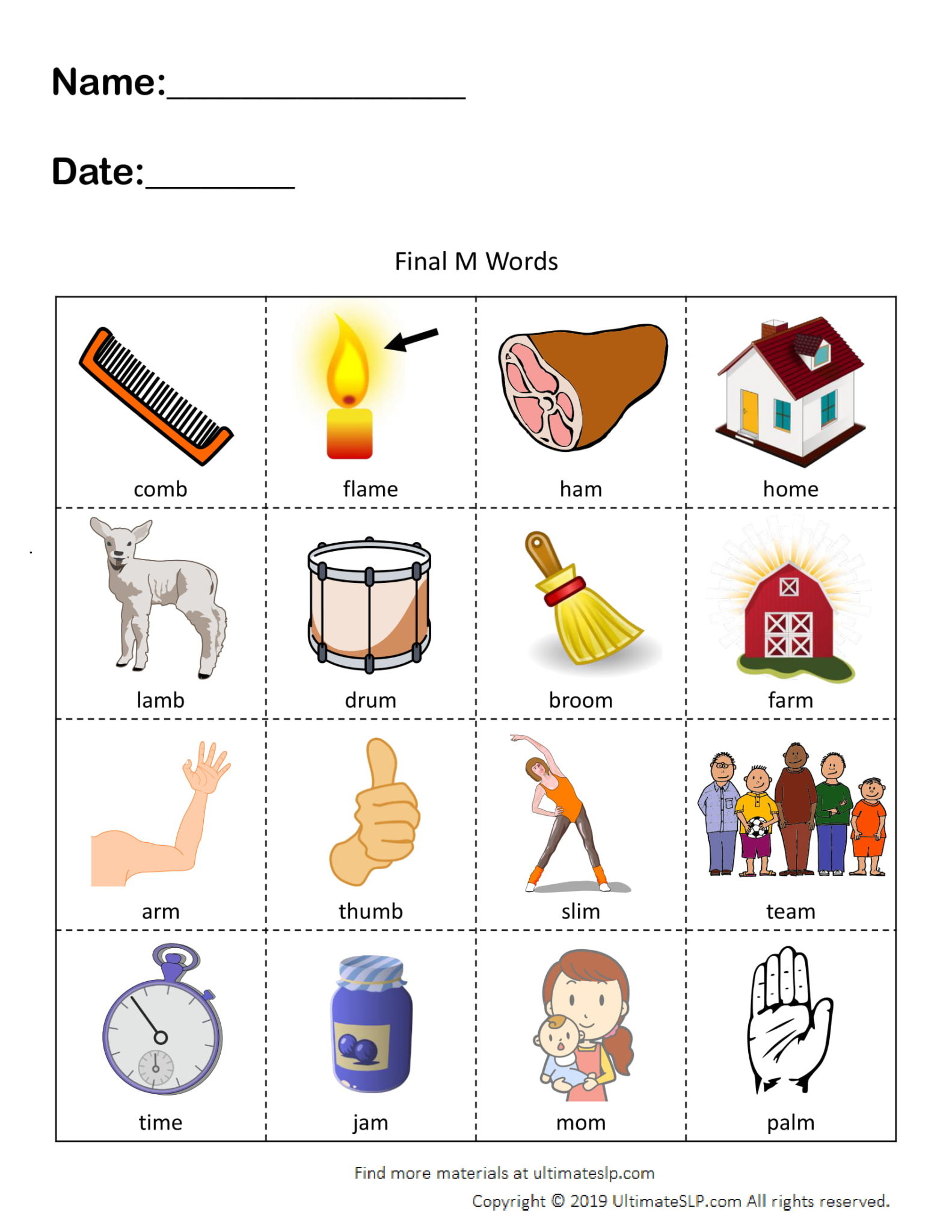Decoding The Mystery: What Curse Word Starts With M And Ends With Ah?
The human fascination with language, especially its more taboo elements, is undeniable. From ancient proverbs to modern slang, words carry immense power, shaping our thoughts, emotions, and interactions. One intriguing linguistic puzzle that often surfaces in online queries is, "what curse word starts with m and ends with ah?" This seemingly simple question opens a gateway into the complex world of etymology, social context, and the evolving nature of offensive language.
This article delves into the linguistic structure of such terms, exploring their origins, impact, and the broader implications of their usage. We aim to provide a comprehensive, E-E-A-T compliant analysis, moving beyond mere identification to understand the cultural significance and the reasons behind our curiosity about these powerful expressions. Our journey will navigate the complexities of language, demonstrating how even the most provocative words offer insights into human communication and societal norms.
Table of Contents
- The Anatomy of a Taboo Term: Understanding "What Curse Word Starts with M and Ends with Ah"
- A Brief Linguistic Journey: Etymology and Evolution of Offensive Language
- The Social Impact: Why Such Words Resonate and Offend
- Online Queries and the Digital Discourse: Exploring Language in the Web Age
- Navigating the Minefield: Responsible Communication and the Use of Strong Language
- The Psychological Underpinnings: Why Do We Swear?
- Legal and Ethical Considerations: Freedom of Speech vs. Harm
- Conclusion: Understanding the Words That Shape Our World
The Anatomy of a Taboo Term: Understanding "What Curse Word Starts with M and Ends with Ah"
When someone asks, "what curse word starts with m and ends with ah," they are typically referring to a highly offensive term that has permeated various cultures and media. This specific phonetic structure points to a word that has become a powerful, often derogatory, expletive. While we will not explicitly write out the word due to its highly offensive nature and to maintain a respectful discourse, its linguistic characteristics are worth examining. The "m" beginning often implies a connection to "mother," and the "ah" ending gives it a strong, often aggressive, vocalization. This combination contributes to its perceived force and impact.
The word in question is a compound expletive, meaning it's formed from two or more words that combine to create a new, often more intense, meaning. In this case, it typically involves a reference to a parent (mother) combined with a highly vulgar act. This structure is common in many languages where terms related to family, sex, or religion are used to create the most potent insults. The very act of combining these elements amplifies the word's ability to shock, insult, or express extreme frustration. Understanding the anatomy of such terms helps us grasp why they are so effective at eliciting strong emotional responses, whether intended or not.
A Brief Linguistic Journey: Etymology and Evolution of Offensive Language
Language is a living entity, constantly evolving, and offensive language is no exception. The terms we consider taboo today often have long, complex histories, reflecting shifts in societal values, power dynamics, and cultural norms. The persistent online query, "what curse word starts with m and ends with ah," reflects a broader curiosity about these linguistic artifacts.
Roots in History: How Words Gain Power
Words gain their offensive power through various mechanisms. Historically, many curse words were tied to religious blasphemy, challenging divine authority. As societies secularized, the focus shifted to bodily functions, sex, and derogatory terms aimed at specific groups of people. The term we are discussing fits into the latter category, drawing its power from a profound violation of familial respect and a highly sexualized, aggressive connotation. Its origins can be traced back to the early 20th century, emerging from contexts where strong, visceral language was used to express contempt or extreme anger.
The evolution of such terms often mirrors societal anxieties and taboos. For instance, words that were once considered mild might become offensive, and vice versa, depending on cultural shifts. The word in question, for example, has historically been used as a general term of abuse, but its specific target and implication of disrespect towards a mother figure make it particularly potent. Linguists often study these shifts to understand the underlying social currents that shape our vocabulary of offense.
The Dynamic Nature of Slang and Cursing
Slang and curse words are among the most dynamic parts of any language. They are often born out of specific subcultures, social movements, or even technological changes. What might be considered a common expletive in one community could be deeply offensive in another, or completely unknown. The specific term fitting the description "what curse word starts with m and ends with ah" has, over time, found its way into mainstream media, music, and everyday conversation, though its offensive nature remains largely intact for most. This widespread adoption, despite its vulgarity, speaks to its perceived effectiveness in conveying strong emotion.
The internet and global communication have further accelerated this dynamic. Words and phrases can spread globally in an instant, sometimes losing or gaining nuances in translation or new cultural contexts. The rapid dissemination of content means that linguistic trends, including the use of strong language, can become widespread faster than ever before. This constant flux means that understanding the social context is paramount when encountering or using such terms.
The Social Impact: Why Such Words Resonate and Offend
The power of words, especially offensive ones, lies in their ability to evoke strong emotional and psychological responses. The term commonly identified when asking "what curse word starts with m and ends with ah" is particularly effective because it taps into fundamental human sensitivities: family, respect, and personal dignity. When uttered, it can:
- Cause Emotional Distress: For many, hearing such a word can be deeply hurtful, triggering feelings of anger, disgust, or even fear.
- Signal Aggression or Hostility: It is often used to intimidate, demean, or express extreme contempt, escalating conflicts.
- Reinforce Social Hierarchies: In some contexts, it can be used to assert dominance or put someone "in their place."
- Create Social Exclusion: Its use can alienate listeners, making them feel unwelcome or disrespected, particularly in professional or formal settings.
- Serve as Catharsis: For the speaker, it might provide an immediate, albeit often temporary, release of frustration or pain, a phenomenon explored in psychological studies.
The context in which such a word is used is absolutely crucial. A word that might be used playfully among close friends could be a deeply offensive slur in a different setting. Intent, however, does not always equal impact. Even if the speaker does not intend to offend, the historical and social weight of the word can still cause significant harm to the listener. This highlights the ethical responsibility inherent in our linguistic choices.
Online Queries and the Digital Discourse: Exploring Language in the Web Age
The digital age has transformed how we interact with information and language. The very existence of queries like "what curse word starts with m and ends with ah" is a testament to the internet's role as a vast repository of human curiosity. Just as online communities track member activity and search for niche topics like 'RLCraft' or 'custom mob spawner' (as seen in various forum data, where members have been active for over a decade, some joining 16 years ago, and others as recently as 5 months ago, with active dates stretching into late 2024), so too do people explore the nuances of language, including terms that might be considered taboo. This persistent engagement, whether in gaming forums or linguistic inquiries, highlights a fundamental human curiosity.
Online platforms, search engines, and social media have become informal linguistic laboratories. People use them to:
- Understand Meanings: To decipher unfamiliar slang or offensive terms they encounter.
- Explore Etymology: To trace the origins and evolution of words.
- Gauge Social Acceptability: To understand when and where certain words are appropriate or inappropriate.
- Express Themselves: To find words that perfectly encapsulate their feelings, even if those words are considered vulgar.
The phenomenon of searching for specific linguistic patterns, such as "what curse word starts with m and ends with ah," is a testament to this digital exploration. It reflects a desire not just for the word itself, but for an understanding of its place in the linguistic landscape. However, the accessibility of such information also brings responsibility. Content creators and platforms must balance freedom of information with the need to prevent the spread of hate speech or harmful content, a complex challenge in the ever-evolving digital sphere.
Navigating the Minefield: Responsible Communication and the Use of Strong Language
Given the profound impact of words, especially those considered offensive, navigating their use requires careful consideration. Responsible communication is not about censorship, but about conscious choice and awareness of impact. When we examine "what curse word starts with m and ends with ah" from a linguistic perspective, it's clear that its power is immense, and thus, its deployment should be deliberate.
The Power of Choice: When and Where to Use
Every speaker has the power to choose their words. Understanding the audience, the setting, and the intent is paramount:
- Audience: Is the audience receptive to strong language, or will it cause offense? What are their cultural backgrounds and sensitivities?
- Setting: Is it a formal environment (work, public speaking) where professionalism is expected, or an informal one (close friends, private conversation)?
- Intent: Is the goal to genuinely express extreme emotion, or to shock, demean, or insult? The latter often backfires, diminishing the speaker's credibility.
Using highly offensive language gratuitously can erode one's ability to communicate effectively in diverse settings. It can close doors, damage relationships, and hinder professional growth. Conversely, knowing when to hold back demonstrates maturity, respect, and a nuanced understanding of social dynamics.
Beyond the Shock Value: Effective Communication
While some argue that strong language can be an effective tool for emphasis or emotional expression, relying solely on shock value often indicates a limited vocabulary or a lack of imagination. Effective communication goes beyond simply making an impact; it aims for clarity, understanding, and connection. Instead of resorting to offensive terms, consider:
- Vivid Descriptions: Using richer, more descriptive vocabulary to convey emotion.
- Figurative Language: Employing metaphors, similes, or hyperbole to add emphasis without vulgarity.
- Tone and Delivery: The way something is said can be as powerful as the words themselves.
- Strategic Silence: Sometimes, no words are needed to convey a strong reaction.
The goal should always be to communicate clearly and respectfully, fostering understanding rather than creating barriers through offensive language.
The Psychological Underpinnings: Why Do We Swear?
The human impulse to swear is a fascinating area of psychological study. Despite societal norms and potential repercussions, strong language persists across cultures. The very act of searching "what curse word starts with m and ends with ah" can be seen as an attempt to understand the boundaries of language and the psychological relief it can offer.
- Catharsis and Emotional Release: Swearing can provide an immediate outlet for intense emotions like anger, frustration, or pain. Studies have shown that swearing can even increase pain tolerance.
- Social Bonding: Within certain groups, shared use of strong language can signify camaraderie, trust, and a sense of belonging. It can be a form of anti-language, distinguishing the group from mainstream society.
- Emphasis and Persuasion: Used sparingly, a strong word can draw attention and add weight to a statement, though overuse can dilute its effect.
- Expression of Identity: For some, using certain words is part of their personal or subcultural identity, a way to express defiance or non-conformity.
- Automatic Response: Sometimes, especially in moments of surprise or pain, swearing can be an involuntary, almost reflexive, reaction.
However, the psychological benefits for the speaker must always be weighed against the potential harm to the listener. The power of these words to wound or offend is a significant factor in their overall impact, making their use a complex ethical consideration.
Legal and Ethical Considerations: Freedom of Speech vs. Harm
The discussion around offensive language inevitably leads to questions of freedom of speech versus the potential for harm. While many countries protect freedom of expression, this freedom is rarely absolute. Laws often exist to prohibit speech that incites violence, constitutes defamation, or creates a hostile environment. The specific term identified by "what curse word starts with m and ends with ah" can, in certain contexts, cross the line into harassment or hate speech, depending on its target and intent.
Ethically, the responsibility lies with the speaker to consider the impact of their words. Just because one *can* say something does not mean one *should*. This is particularly relevant in online spaces, where words can spread globally and persist indefinitely. Platforms grapple with content moderation policies, attempting to balance user expression with the need to protect users from abuse and harmful content. This ongoing debate highlights the complex interplay between individual rights, societal norms, and the collective well-being.
Conclusion: Understanding the Words That Shape Our World
Our exploration of "what curse word starts with m and ends with ah" has unveiled far more than a simple answer to a linguistic query. It has led us on a journey through the etymology, social impact, psychological underpinnings, and ethical considerations surrounding offensive language. We've seen how a seemingly simple question can open a window into the complex tapestry of human communication, reflecting our curiosity, our taboos, and our ever-evolving societal norms.
Words, whether polite or profane, are powerful tools. They can build bridges or burn them, inspire or insult, heal or wound. Understanding the weight and history behind terms like the one discussed allows us to be more conscious, responsible communicators. We encourage you to continue exploring the fascinating world of language, always striving for clarity, respect, and empathy in your interactions. Share your thoughts in the comments below, and consider reading our other articles on linguistic trends and effective communication to deepen your understanding of the words that shape our world.

What is a Curse word A curse Word is a bad Word | @poopyboi68 | Memes

5 Letter Word That Starts And Ends With L

Final M Words Worksheet - Ultimate SLP